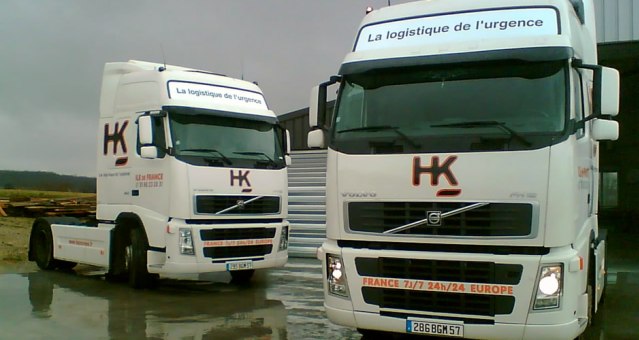How can successful event logistics guarantee the success of your events?
Event logistics is an essential pillar in ensuring the success of any event. Whether you're organizing a conference, a concert or a trade show, good logistics management is essential. This article explores the basics, the key steps and the tools needed for effective logistics.
The basics of event logistics
Event logistics: definition and challenges
Event logistics encompass all the activities required to plan,organize and execute an event. This includes transportation, material management, team coordination and much more. The challenges are many: satisfying participants, meeting deadlines and controlling costs.

The key stages in the logistical organization of an event
- Needs analysis: Identify the type of event and the number of participants.
- Budget: Establish a realistic budget that includes all event logistics.
- Choice of venue: Select a suitable location based on accessibility and infrastructure.
- Planning: Draw up a timetable with precise deadlines for each stage.
Planning and management of event logistics resources
The role of service providers and subcontractors
Collaboration with specialized service providers is crucial. Whether for catering, equipment hire or security, choosing reliable partners can make all the difference. Be sure to check references and clearly define expectations from the outset.
The importance of transport and equipment management
Time-critical transport is a central element of event logistics. Plan routes in advance to avoid delays. Material management includes tracking the necessary equipment, transporting it and installing it at the event site.
Optimization and logistical control on the day of the event
How do you anticipate the unexpected?
The unexpected can happen despite careful planning. To deal with them, develop a Plan B. This may include back-up solutions for transportation or alternative materials.
Real-time team coordination and flow management
On the day of the event, coordination between teams is essential. Use instant communication tools to ensure effective follow-up. Attendee flow management must also be optimized to guarantee a smooth experience.
Specific features for each type of event
Logistics for cultural events
For festivals or art exhibitions, show logistics must take into account public safety and accessibility, as well as the management of the works on display.
Logistics for sporting events
Sporting events require particular attention to the safety of athletes and spectators, as well as to the management of sports infrastructures.
Logistics for corporate events and conferences
For corporate events, it's crucial to ensure that everything is in place for presentations and discussions. Think about the technology used for presentations and Internet connectivity.
Tools and technologies for efficient event logistics
Today, a variety of digital tools can help with the logistical management of an event. From event planning platforms to project management software, these tools centralize information and track tasks in real time.
Event logistics are essential to the success of your events. By following these steps and using the right tools, you'll be able to organize memorable events. Remember: good preparation is the key to successful event logistics !
By investing time and resources in logistical planning, you'll not only be able to meet participants' expectations, but also deliver an unforgettable experience.



